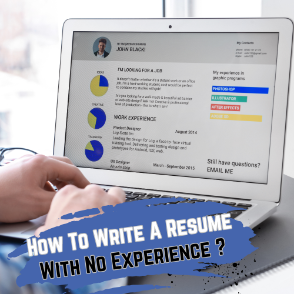Crafting a resume for a career change can be challenging, but by
following these tips, you'll be able to create an effective resume
that
showcases your transferable skills and makes you an attractive
candidate
for your dream job.
Tailor Your Resume To The
Job Posting
When you're changing careers, it's crucial to tailor your resume to
the job you're applying for. Carefully read the job posting and
highlight the skills and experiences that match your own.
Incorporate these keywords and phrases into your resume to show the
hiring manager that you have what they're looking for.
Emphasise Relevant
Transferable Skills
Even if you don't have direct experience in the industry you're
applying to, there are likely transferable skills that will be
valuable. For example, if you're transitioning from teaching to
marketing, your communication and organizational skills will be
highly transferable. Be sure to highlight these skills in your
resume and demonstrate how they can be applied in the new role.
Use a summary statement
A summary statement can be an effective way to highlight your career
change and provide context for your experience. Use this section to
explain why you're changing careers and how your skills and
experience make you a strong candidate for the job.
Focus on accomplishments, not duties
Rather than simply listing your job duties, focus on your
accomplishments in each role. Use specific metrics and examples to
demonstrate how you added value to your previous employers. This
will show the hiring manager that you have a track record of success
and can bring that same level of achievement to their organization.
Include relevant
education and training
If you lack direct experience in a new field, including relevant
education and training, it can help to fill the gap. This might
include certifications, courses, or workshops that demonstrate your
commitment to learning and your ability to quickly adapt to new
situations.
If you're changing careers, a functional or combination resume
format may be more effective than a chronological format. These
formats emphasize skills and accomplishments rather than a strict
work history, which can be helpful if you're lacking direct
experience in the new field.
Show your passion for the
new field
Finally, it's important to demonstrate your passion for the new
field. This might include discussing any relevant volunteer work or
side projects you've pursued, or explaining why you're excited to
make this career change. By showing your enthusiasm, you'll make it
clear that you're committed to the new role and willing to put in
the work to succeed.




